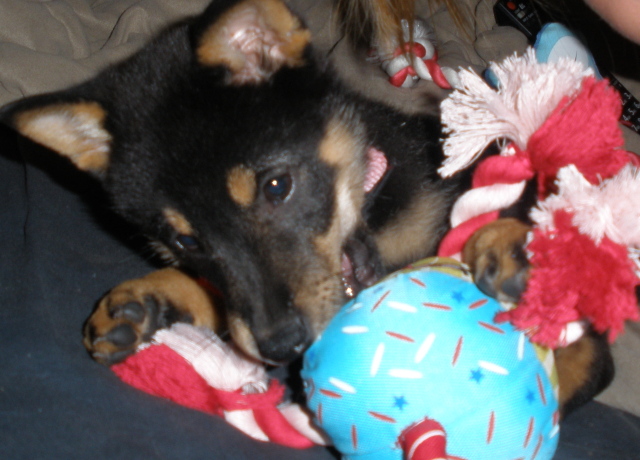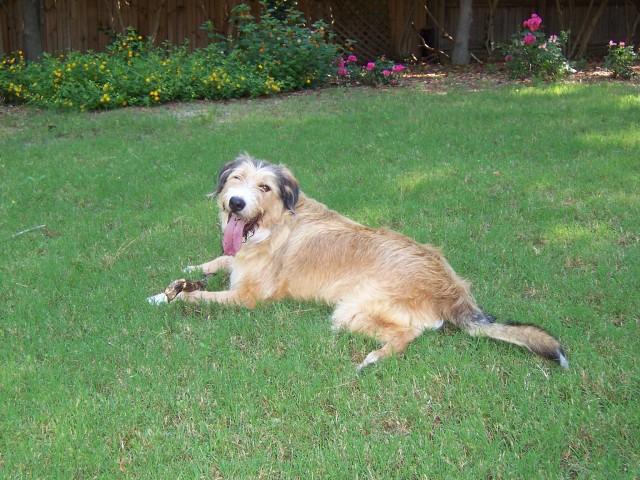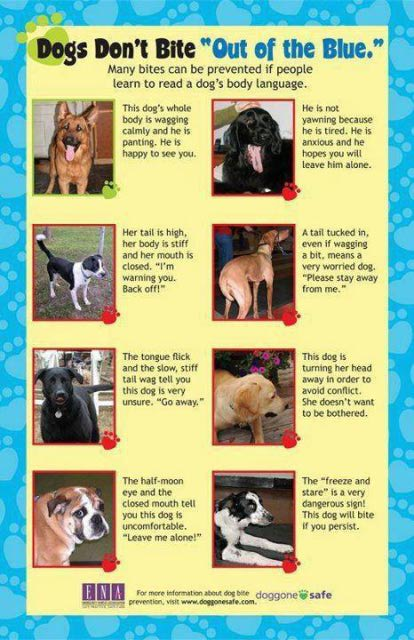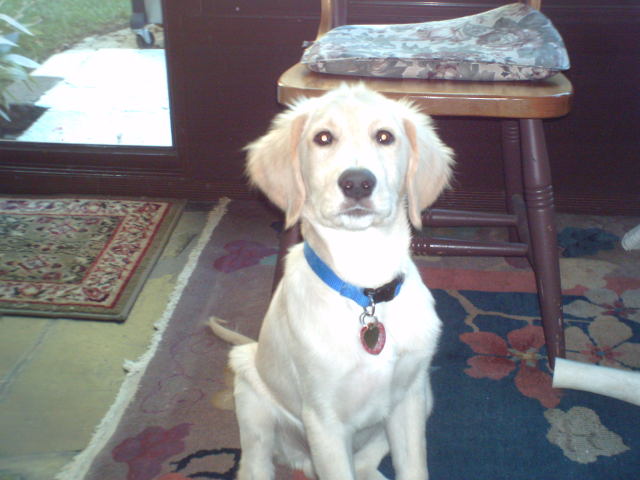QuestionMy high-energy mixed breed (hound/boxer/maybe pit bull)really shocked my husband and me this afternoon when she suddenly leaped over a very large shrub in our fenced yard and grabbed a baby groundhog, shaking it so violently that its intestines spilled out. We immediately grabbed her and pulled her away. We also have 3 cats; although none of them like her because of her over-excitability and tendency to chase as soon as they move, one of them tolerates her licking his face and trying to play with him, one stays where he is when she approaches and just gives a warning hiss or growl, and the other has a very active antipathy which usually escalates into a frenzied standoff with the dog barking and yelping uncontrollably and the cat hissing and growling back. After seeing her behavior today, I am really concerned that these predatory (killer) instincts could transfer to our cats or to other small dogs (which she does not have much fondness for, either). Should we be worried? Is there anything we should be doing to discourage her from chasing squirrels, chipmunks, rabbits, etc? We walk her every day that it is not raining, which always makes a dramatic difference in her behavior. She has killed mice and voles in the past, but has never bitten or harmed another domestic animal. She loves people, and has never showed any aggressive tendencies to them whatsoever.
Answerthere's very little you can do to alter high prey drive. Your cats are definitely at risk with this dog. So long as none of them RUN, her instinct to chase/kill won't be initiated. But if you have a cat that's running from her, the possibility that she will eventually catch that cat, and kill it, is high. Any small animal, including other dogs (which you state she does not "have much fondness for") is at risk. In order to attempt to keep this instinct from developing further (when the dog connects with the prey object, she is rewarded), you can't allow this dog off leash anywhere, any time, and you absolutely cannot allow her around other dogs (especially small breed dogs). Using a serious punisher (such as a shock collar) will not extinguish her natural instinct: this is what is called a 'fixed action pattern', a response to a stimulus (the animal itself) that she cannot control. Punishing her significantly may very well create an additional component to this instinct: fear; such contribution can then escalate the dog's behavior and she may generalize it to other fast moving objects (children).
This dog requires an awful lot of training; if you're going to keep her in the same household with your cats, you need to obtain absolute control over her behaviors so you can observe the FIRST SIGN of this problem and redirect her IMMEDIATELY. Studying all sorts of methods and reading books works for some, but in your case you absolutely need a highly experienced positive reinforcement trainer who understands the nature of prey drive and can teach you how to use the clicker to put obedience behaviors in place quickly, and can also teach you how to observe the dog and when to use the clicker, as well as what obedience behaviors will most quickly redirect her attention. The following site has certified trainers by a well respected national organization; be sure to ask for references and, again, a great deal of experience is necessary:
http://www.nadoi.org/
Until you have found someone, and until your dog has demonstrated 100% successful response to at least one trained behavior, put a harness and strong leash on the dog indoors so you can immediately stop her (by stepping on the lead) if she begins to chase one of your cats. I would strongly recommend she not be allowed to lick the cat, I have no idea what she's thinking, I can't read her body language, and this might very well be contributing to her excitement. A dog can change behavior in an instant: a lick can become a bite. Again, I can't see any of that from here. Better safe than sorry.

 My Shiba Inu
Question
Lola
I bought a registered Shiba Inu puppy fro
My Shiba Inu
Question
Lola
I bought a registered Shiba Inu puppy fro
 licking the floor not stop
QuestionGeorgie
QUESTION: Hi,
I have a 7 year ol
licking the floor not stop
QuestionGeorgie
QUESTION: Hi,
I have a 7 year ol
 anxious dog
Question
Louie
Hi, We adopted a 2 year old male A
anxious dog
Question
Louie
Hi, We adopted a 2 year old male A
 Is this aggression, dominance, or play?
QuestionQUESTION: I have a question regarding doggy beh
Is this aggression, dominance, or play?
QuestionQUESTION: I have a question regarding doggy beh
 my 7 month old golden changed for the worse
QuestionRiley at 6 months
QUESTION: I got a gold
my 7 month old golden changed for the worse
QuestionRiley at 6 months
QUESTION: I got a gold